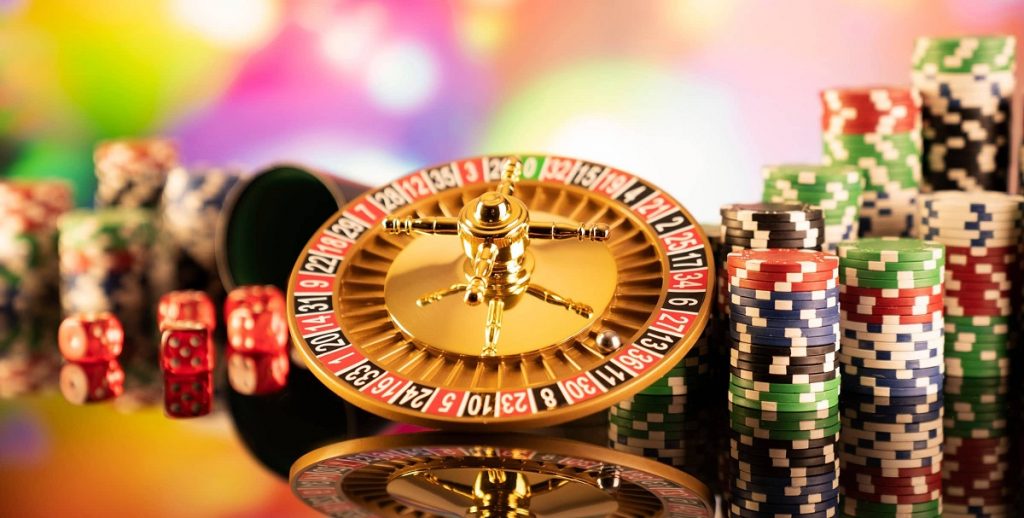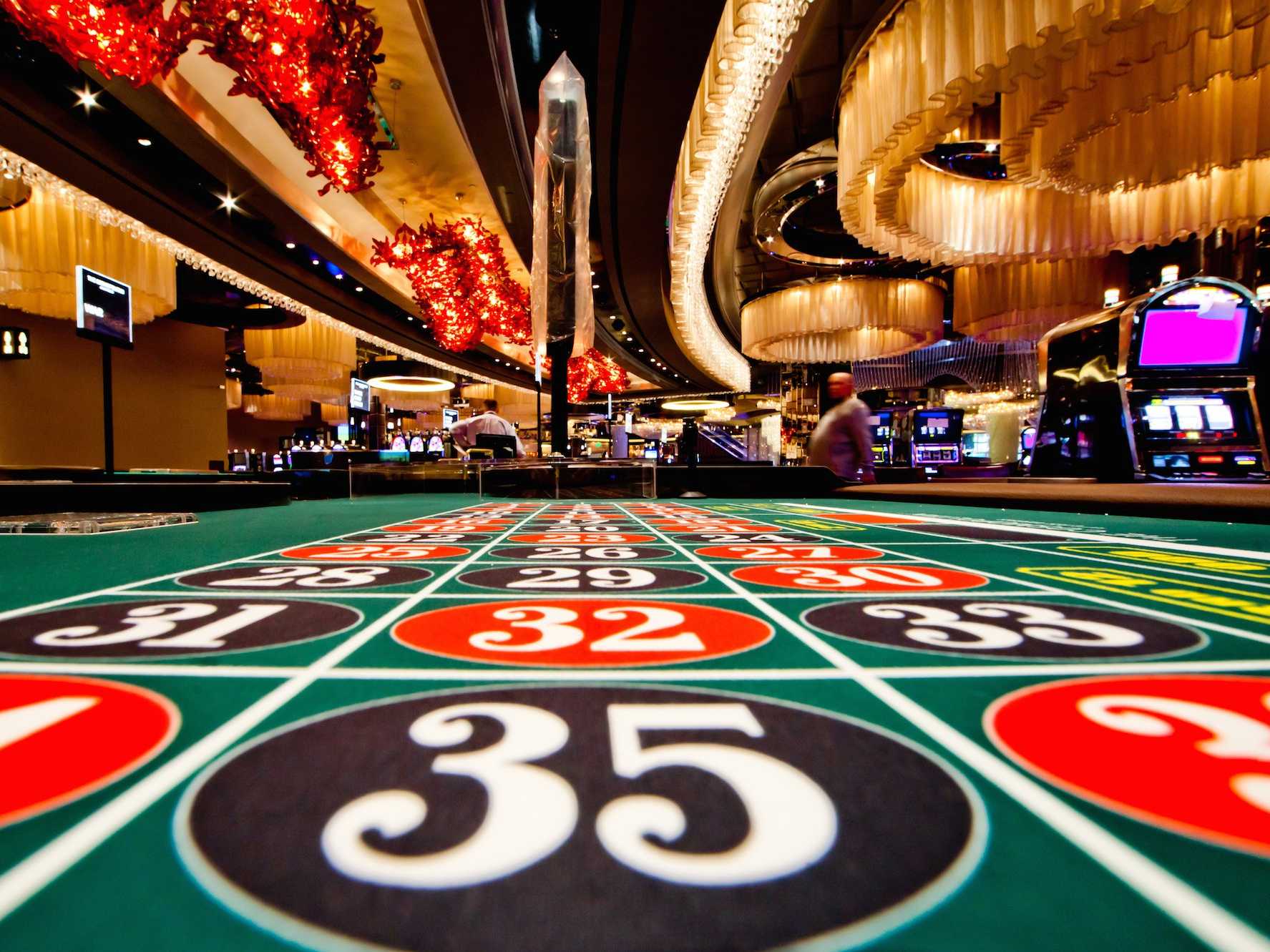There’s more to gambling than just winning or losing. It’s also about responsible play. That means knowing when to stop, setting limits on how much you’re willing to spend, and being aware of the risks involved. It’s also about understanding the odds and making sure you’re only playing games where you have a fair chance of winning.
Financial Literacy
Financial literacy is the key to responsible gambling. A person should be able to budget their money. Plan your expenditures not just for essential items, but also for entertainment, being clear on how much of your income you can spend without jeopardizing your financial well-being.
Self-Control

Always be in control of your gambling. Never chase your losses and never gamble with money you can’t afford to lose. If you’re feeling lucky, stick to your budget and walk away when you’ve reached your limit.
Help is Available
There are options available to assist you or someone you know who has a gambling problem. The first step is to contact a professional. Gamblers Anonymous is one organization that offers assistance for individuals with gambling issues. There are several internet resources that can help you and provide support. Remember, the first step in receiving assistance and regaining control of your life is to acknowledge that you have an issue.
Minors
Gambling that is not irresponsible is limited to those of legal age. The first and most important precaution is the prohibition of minors from playing. Teenagers, on the whole, do not consider gaming to be a form of entertainment. Instead, they believe they can earn a lot of money by playing, which leads to both financial and emotional ruin.
Get Educated Before You Gamble

The key to responsible gaming is unlimited access to knowledge. Educational activities, for example, encourage a responsible attitude toward gambling and enhance financial literacy. Those who do not intend to gamble should realize what responsible gaming entails and how, if required, negative results may be prevented and avoided.
Secrets To Protect Yourself From Addiction
1. Know your limits: set a budget and stick to it.
2. Don’t chase your losses: walk away when you’re ahead.
3. Don’t gamble when you’re emotional: take a break if you’re feeling angry, upset or stressed.
4. Take regular breaks: stop every hour or so to give your mind a rest.
5. Set time limits: only gamble for a few hours at a time.
6. Gamble with money you can afford to lose: never use credit cards or borrow money to gamble.
7. Be aware of the risks: understand that all forms of gambling carry risk, including online gaming, lotteries and scratchies.
8. Don’t let gambling interfere with work, family or other commitments.
9. Seek help if you’re worried: there are free and confidential services available to help people with gambling problems.
Gambling is fun and a great activity if you do it healthily, responsibly and with knowledge. It’s only a problem if it starts to affect other areas of your life or cause you financial hardship. If you think you might have a gambling problem, there are plenty of free resources and support services available to help you get back on track.
